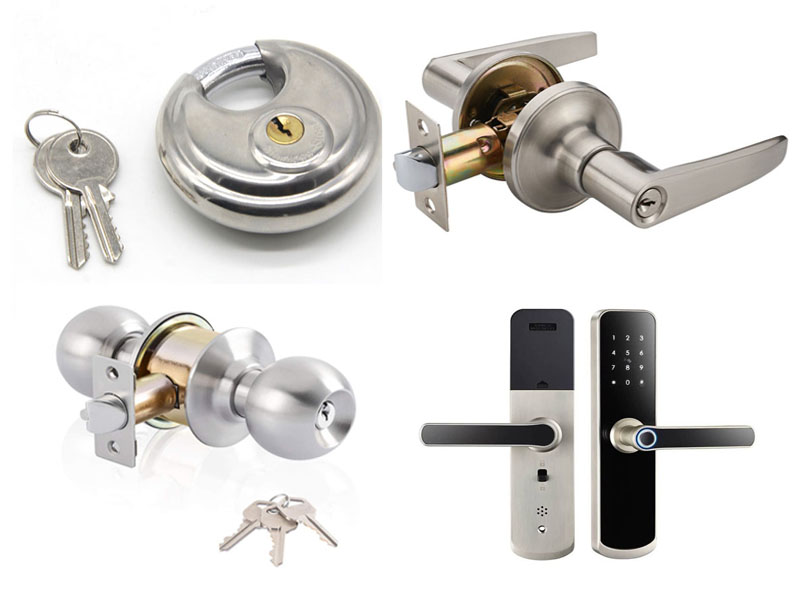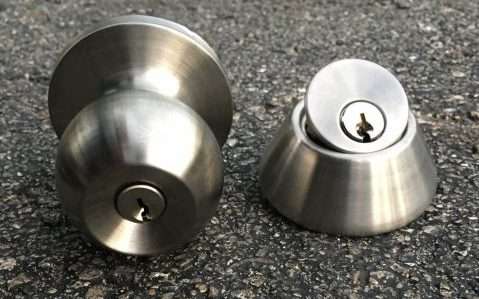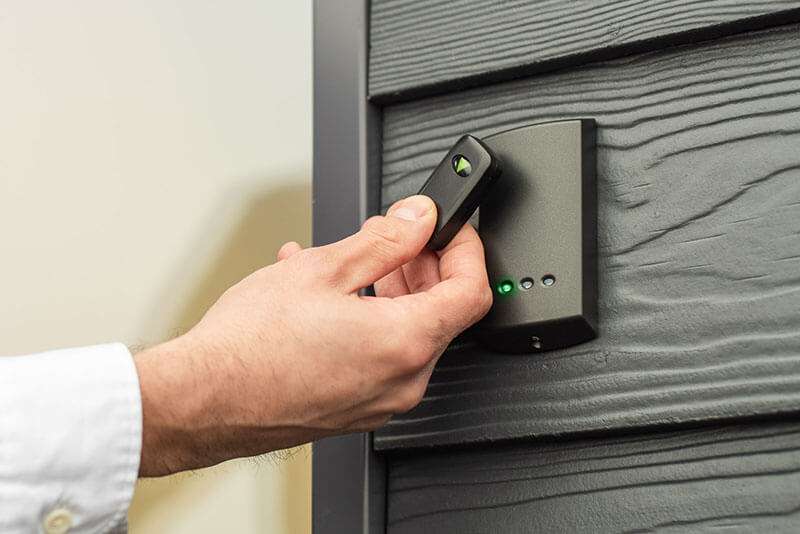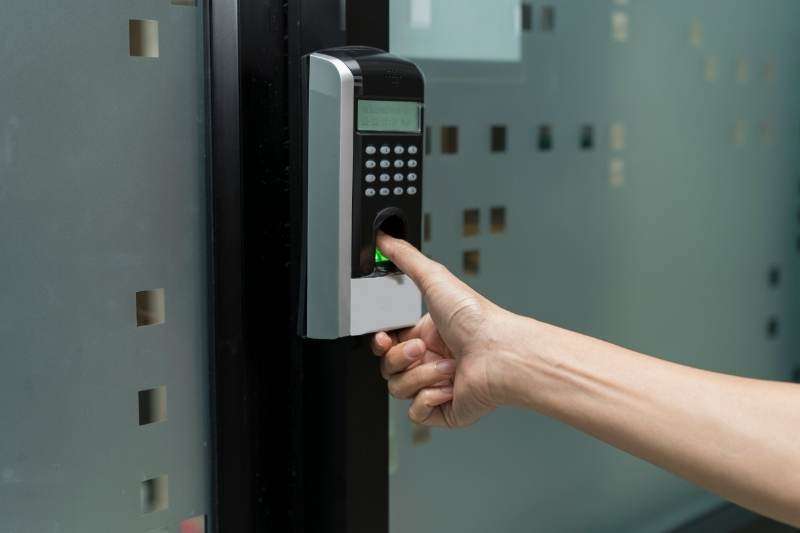Exploring the Different Types of Door Locks

Are you tired of feeling confused and overwhelmed when it comes to choosing the right lock for your home or office? With so many different types of door locks on the market, it can be challenging to determine which one is the best fit for your needs. That's why we've created this guide to unlocking the mystery of door lock types. We'll take you on a journey through the world of locks, explaining the different types and their unique features, so you can make an informed decision when it comes to securing your property. From traditional mechanical locks to smart locks that can be controlled from your phone, we'll cover it all. So, whether you're a homeowner looking to secure your family or a business owner protecting your assets, this guide is for you. Get ready to become a lock expert and feel confident in your lock choices.
Types of Door Locks
Traditional Locks: Deadbolts and Knob Locks

Traditional locks are the most common type of door locks used in homes and offices. They come in two main types: deadbolts and knob locks.
A deadbolt is a lock that requires a key to unlock it from the outside and a thumb turn from the inside. It is the most secure type of traditional lock and is recommended for external doors. Deadbolts come in three different types: single, double, and lockable thumb turn.
On the other hand, a knob lock is a type of lock that is built into a doorknob. It is the most commonly used lock in residential settings but is not recommended for external doors. It is easier to break into compared to deadbolts. Knob locks come in two types: keyed entry and privacy.
Smart Locks: Keyless Entry and Remote Access

Smart locks are the new kids on the block when it comes to door locks. They are designed to provide an extra layer of security and convenience by allowing you to control your locks from your smartphone or other smart devices.
Keyless entry locks are a type of smart lock that doesn't require a key. Instead, they use a keypad or touchscreen to enter a code to unlock the door. This type of lock is convenient because you don't have to carry a physical key, and you can easily change the code if someone else needs access.
Remote access locks are another type of smart lock that allows you to control your locks from anywhere in the world as long as you have an internet connection. This type of lock is perfect for vacation rentals or Airbnb properties that need to be accessed by multiple people. However, remote access locks are more expensive than traditional locks.
Electronic Locks: Biometric and Keypad Locks

Electronic locks are similar to smart locks in that they use technology to provide an extra layer of security. They come in two main types: biometric and keypad locks.
Biometric locks use your unique biological characteristics, such as fingerprints or facial recognition, to unlock the door. This type of lock is the most secure and convenient because you don't have to carry a key or remember a code. However, biometric locks are more expensive than traditional locks.
Keypad locks, on the other hand, are similar to keyless entry locks but use a keypad instead of a touchscreen. They are more affordable than biometric locks but not as secure.
Additional Door Locks
Childproof Locks: Designed to prevent children from opening doors, these locks are primarily used on interior doors where child safety is a concern.
Furniture Locks: These locks are specifically designed to secure furniture, such as cabinets, drawers, and wardrobes. They provide an added layer of security for valuable items.
Mortise Locks: Commonly found in older buildings, mortise locks are durable and offer a higher level of security. They combine a deadlock and a lockset into a single unit.
Choosing the Right Lock for Your Needs
Choosing the right lock for your needs depends on several factors, including the level of security you need, your budget, and your personal preferences.
If you're looking for a low-cost option, a traditional lock like a deadbolt or knob lock is a good choice. If you're looking for a more advanced option, a smart lock or electronic lock might be the best fit.
Consider the location of the lock as well. For example, a deadbolt is recommended for external doors, while a knob lock is better suited for internal doors.
Selecting the appropriate door lock depends on various factors such as the level of security needed, the type of door, and personal preferences. It is essential to understand the different types of door locks available to make an informed decision. Consider factors such as durability, convenience, and ease of use.
Remember to consult with a professional locksmith or security expert to ensure the door lock you select meets your specific requirements and provides adequate security for your property.
Installation and Maintenance Tips
Installing a lock can be a DIY project, but it's always recommended to hire a professional locksmith to ensure proper installation. A poorly installed lock can compromise the security of your property.
Maintaining your locks is also important to ensure they continue to function properly. Lubricate the lock mechanism regularly, and check for loose screws and other signs of wear and tear.
Pros and Cons of Different Lock Types
Every type of lock has its own pros and cons, and it's important to consider these before making a purchase.
Traditional locks are affordable and easy to install but not as secure as smart or electronic locks. Smart locks offer convenience and advanced security features but can be expensive. Electronic locks provide the highest level of security but come with a higher price tag.
Conclusion
In conclusion, understanding the different types of door locks empowers you to make an educated choice when it comes to securing your home or business. Whether you opt for traditional keyed locks, modern keyless entry systems, or advanced smart locks, the right door lock will provide peace of mind and keep your property safe.
Frequently Asked Questions About Door Locks
Q: Can I install a lock myself?
Q: How often should I replace my locks?
Q: Are smart locks safe?
Conclusion
Choosing the right lock for your needs doesn't have to be a mystery. By understanding the different types of locks and their unique features, you can make an informed decision when it comes to securing your property. Whether you choose a traditional lock, a smart lock, or an electronic lock, remember to consider the level of security you need, your budget, and your personal preferences. Don't forget to hire a professional locksmith for proper installation and maintenance. With these tips in mind, you can feel confident in your lock choices and keep your home or office safe and secure




